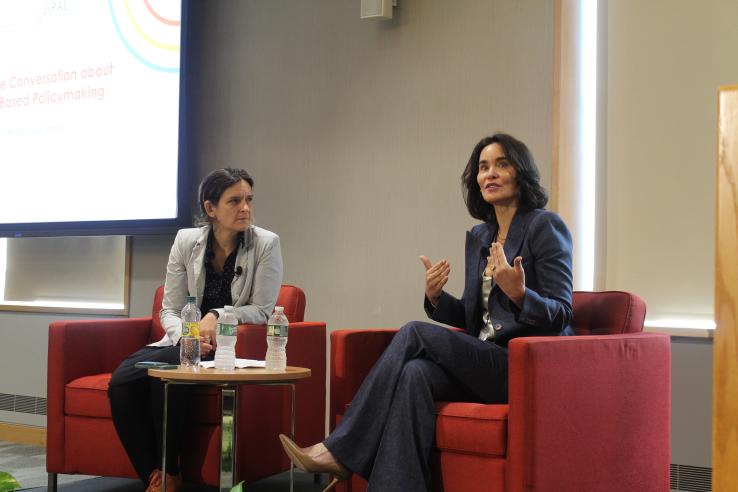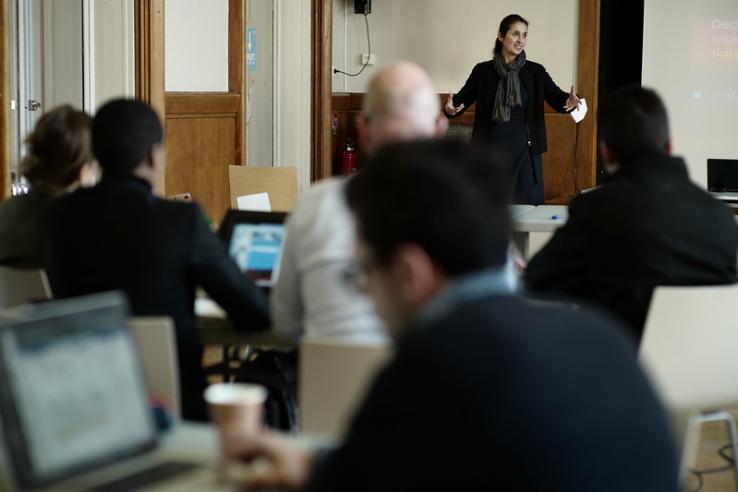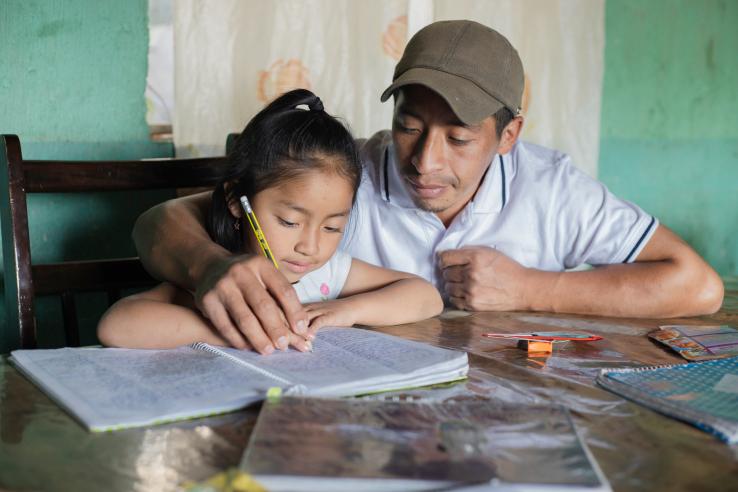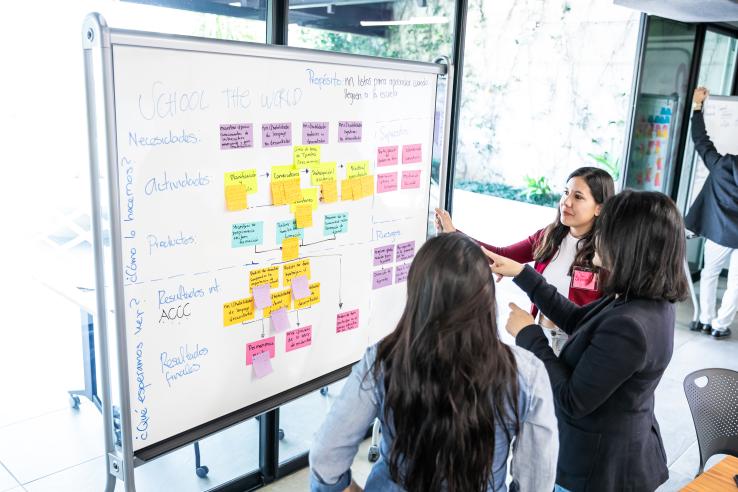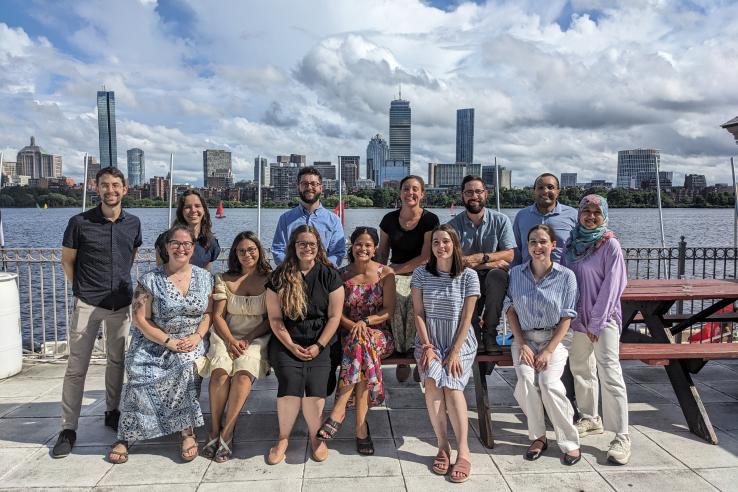Displaying 3151 - 3165 of 8491
Update
J-PAL Updates
This issue of J-PAL LAC's quarterly newsletter highlights the 1st anniversary of our partnership in Guatemala. Discover the latest updates on policy-relevant research, initiatives, courses, events, resources, and more.
Update
J-PAL Updates
J-PAL North America's July newsletter announces a new gift from long time donor and partner Arnold Ventures. The newsletter also features a new op-ed in Health Affairs and new research results from a randomized evaluation of cash transfers in Chelsea, Massachusetts.
Event
The next term for the MITx MicroMasters® Program in Data, Economics, and Design of Policy is fast approaching! Join the DEDP Course Team for a live webinar to learn more about the program and to have your questions answered live. A recording of the event will be sent to all registrants.
Evaluation
Researchers partnered with a local non-profit, Walter, to evaluate the effectiveness of two school-based social cohesion interventions for immigrants’ children in Finnish schools.
Resource
Basic page
Resource
Basic page
J-PAL North America is committed to testing strategies and developing resources to promote diversity, equity, and inclusion among their staff, network of researchers and partners, and underrepresented scholars in the economics field.
Event
El jueves 29 de agosto de 2024, J-PAL Latinoamérica y el Caribe (LAC) y la Universidad de Costa Rica (UCR) presentarán evidencia relevante para la región sobre evaluaciones de programas enfocados en educación. El evento se rá híbrido, presencial en la Universidad de Costa Rica y transmitido en línea...
Event
El martes 27 de agosto, J-PAL Latinoamérica y el Caribe (LAC) y la Universidad del Valle de Guatemala (UVG) presentarán evidencia relevante para la región sobre evaluaciones de programas enfocados al desarrollo en educación. El evento será presencial, en el auditorio F101, edificio F del nivel 1, de...
Research resource
From ideation and early research design to uncovering causal mechanisms or details about unexpected outcomes, careful qualitative work can be an important complement to the quantitative portion of an RCT. This resource illustrates what can be learned from qualitative data analysis at different...
Research resource
This resource provides an overview of commonly used qualitative tools and details how to integrate them into an RCT. It also covers key considerations when hiring and training qualitative field staff, sampling, and data analysis. Qualitative research includes a broad range of methods that we cannot...
Blog
Carbon markets are rapidly being developed by multiple countries, including those in the Middle East North Africa. While these markets aim to reduce emissions and enhance corporate action, rigorous impact evaluation and evidence-use is needed to ensure that the design and implementation of these...
Blog
This is the first of an annual series of blog posts about J-PAL North America's DEI efforts.
Evaluation
In Colombia, researchers conducted a randomized evaluation to test the impact of a messaging-based program via WhatsApp focused on financial education, couples’ communication, and information provision on financial capability, women’s empowerment, and intimate partner violence.
Event
Applications are now open for a four-day randomized evaluation design workshop as part of the Displaced Livelihoods Initiative (DLI) and the Humanitarian Protection Initiative (HPI) to develop projects in the Sub-Saharan Africa organised by J-PAL and Innovations for Poverty Action (IPA).

